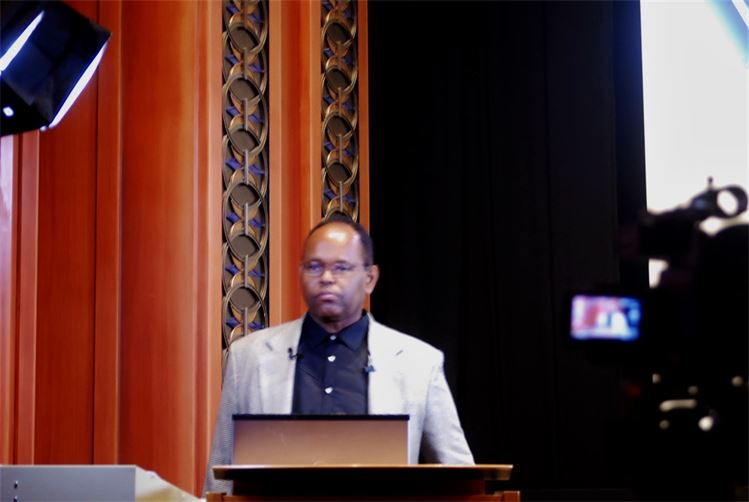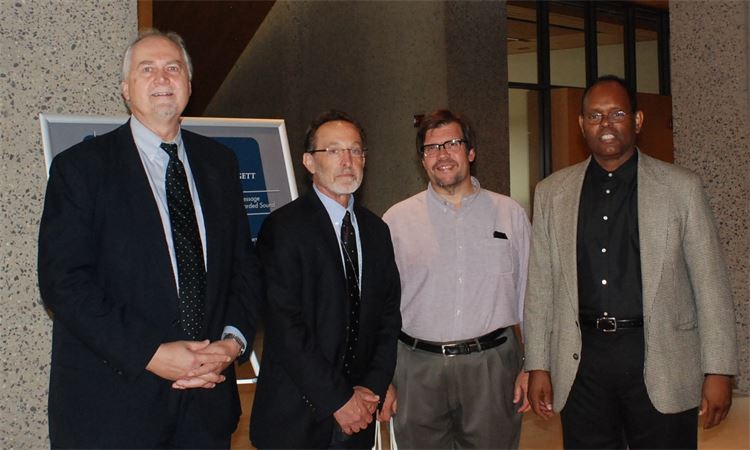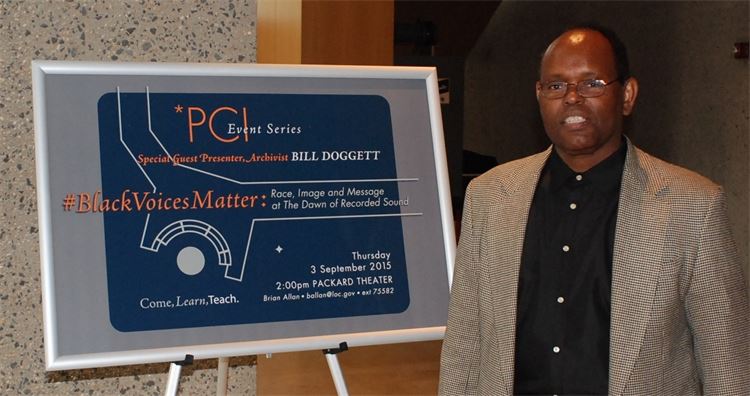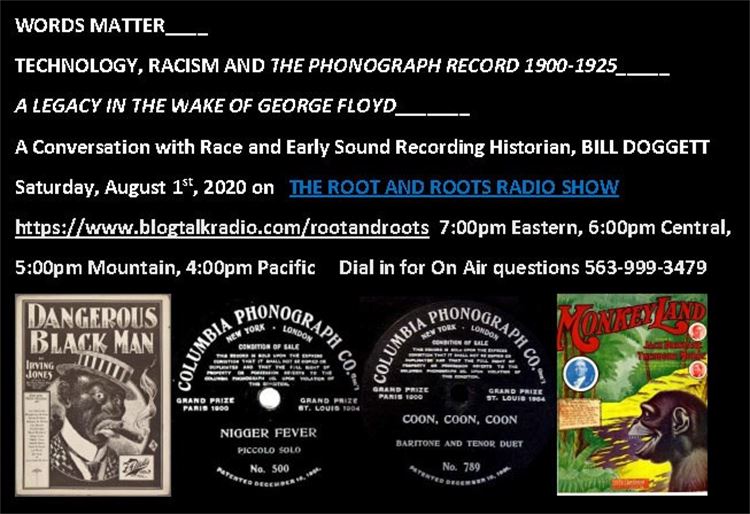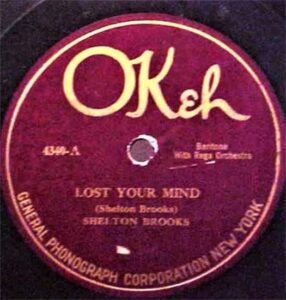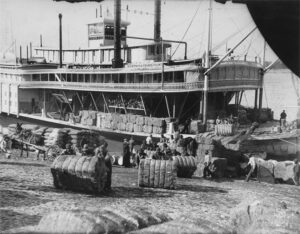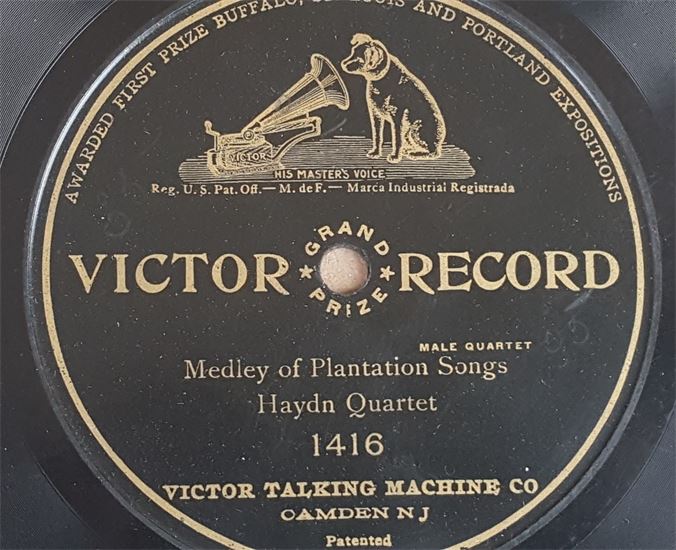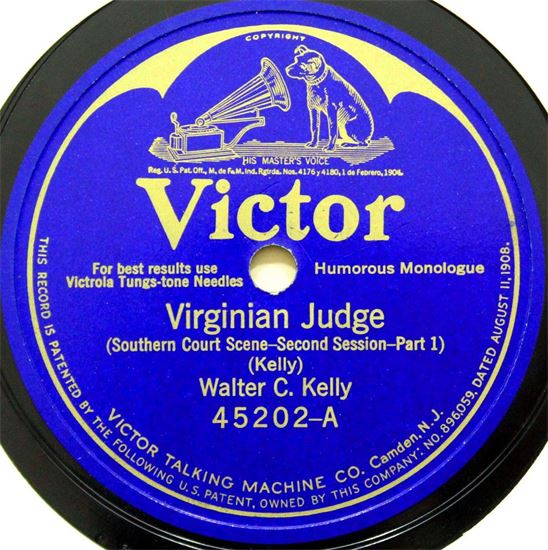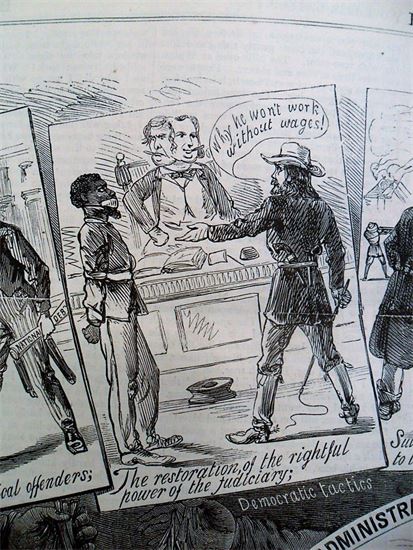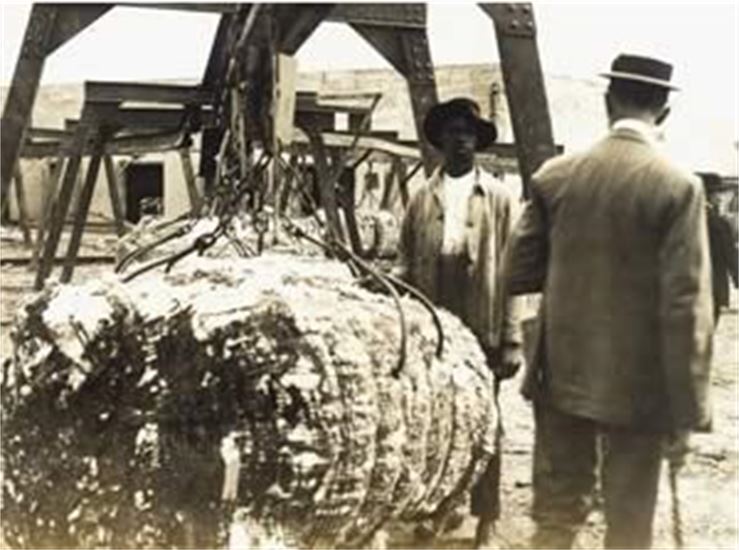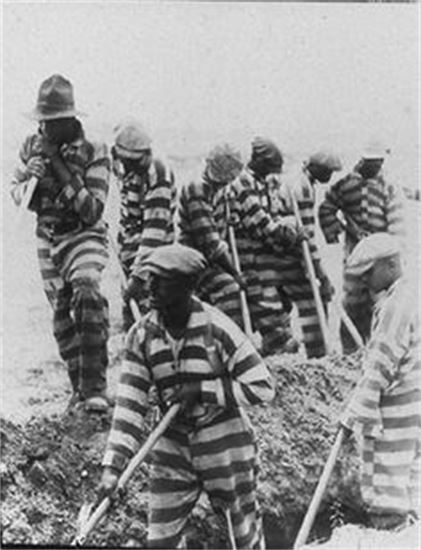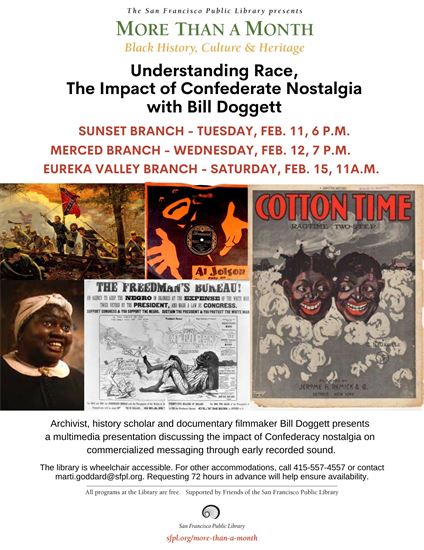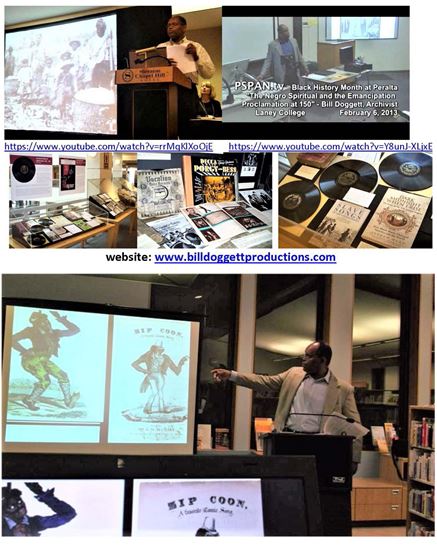The Archive represents one of the most significant independently held and purchased documents of African American performing arts history intended for educational outreach and public access.
My Archive does not receive major institutional, foundation or endowment underwriting like museums you have been reading about this Fall. Therefore , the need is greater and frankly more pressing.
Within this focused Archive, you will find hundreds of items relating to Early Recorded Sound 1900-1924 that document the idea of Race and Race Consciousness at the dawn of the new technology known as the cylinder/phonograph record.
Notable relating to the Archive’s collection of dawn of Recorded Sound is a focused documentation of African American Theater 1895-1914 and the songs of early 20th century Black theatrical composers/performers: Bob Cole & J Rosamund Johnson, Will Marion Cooke, Henry Creamer& Turner Layton.
Their songs were recorded by white artists such as Collins and Harlan as Blacks were not allowed to record at the dawn of recorded sound with the limited exceptions of Black Vaudevillians, Bert Williams and George Walker and the Black whistler, George W. Johnson.
The Archive is rich in rare related sheet music and is bejeweled by an extraordinary pair of 1904-1910 Season Hammerstein’s Theater of Varieties scrapbooks filled with rare playbills documenting the world of Black Vaudeville Theater at the dawn of the new century.Also notable is an important collection of the first recordings of Negro Spirituals and Black Preacher Sermons and Singings on rare labels such as Paramount, Black Swan, the ultra rare QRS label, Columbia and Columbia privately pressed labels, Gennett and other labels.
Within the Spirituals collection is a related extension of The Spirituals, the early 1939-47 Black Gospel song sheets:first edition printings of many of the iconic Gospel-hymns of Thomas A Dorsey, Chicago based Kenneth Morris and Sallie Martin, Doris Akers and underknown Evangelists.
The Archive contains a noteworthy Black “News-eum”, a museum of 1795-1915 historic newspapers relating to The Black experience in slavery and emancipation with many Abolitionist era newspapers 1830-1859 and a small group of 1804-05 Charleston newspapers with bold display ads advertising the arrival of Slave Ships and “Auctions of Africans” while still on ship.
Also very rare and important are a series of 1890s-1914 Indianapolis “The Freedman” newspapers:extremely brittle copies of the first post Civil War African American newspaper. These are full of important editorials and amazing advertising especially as it relates to entertainment of the time. These will require digitization as soon as possible as just handling them with white gloves, the highly acidic newsprint begins to crumble.
Of special note is a wonderful showcase of the world of Ragtime and Early Jazz.- both Black and White including a collection of first sound recordings of the WC Handy Orchestra, James Reese Europe Orchestra, Pirons New Orleans Orchestra, Jelly Roll Morton and Louis Armstrong.
And then there is the important 1922-28 Columbia Records sound document of Women of the Blues from the iconic Bessie Smith to a wide range of underknown Women of The Blues accompanied at the piano by the young Fletcher Henderson, Clarence Williams and others.
There are first edition music scores, books, sheet music, ephemera and still photographs relating to Silent Film with African American actors and a focused collection representing the world of Black Tin Pan Alley Composers 1912-1930*including early and first edition song sheets and sound recordings, * i.e. Andy Razaf, Maceo Pinkard, Shelton Brooks et al
This Archive is a treasure chest of “Race Records”, a marketing sales term of record companies beginning in the 1920s to focus sales for Black consumers and admirers of “Jazz and Blues” music.
